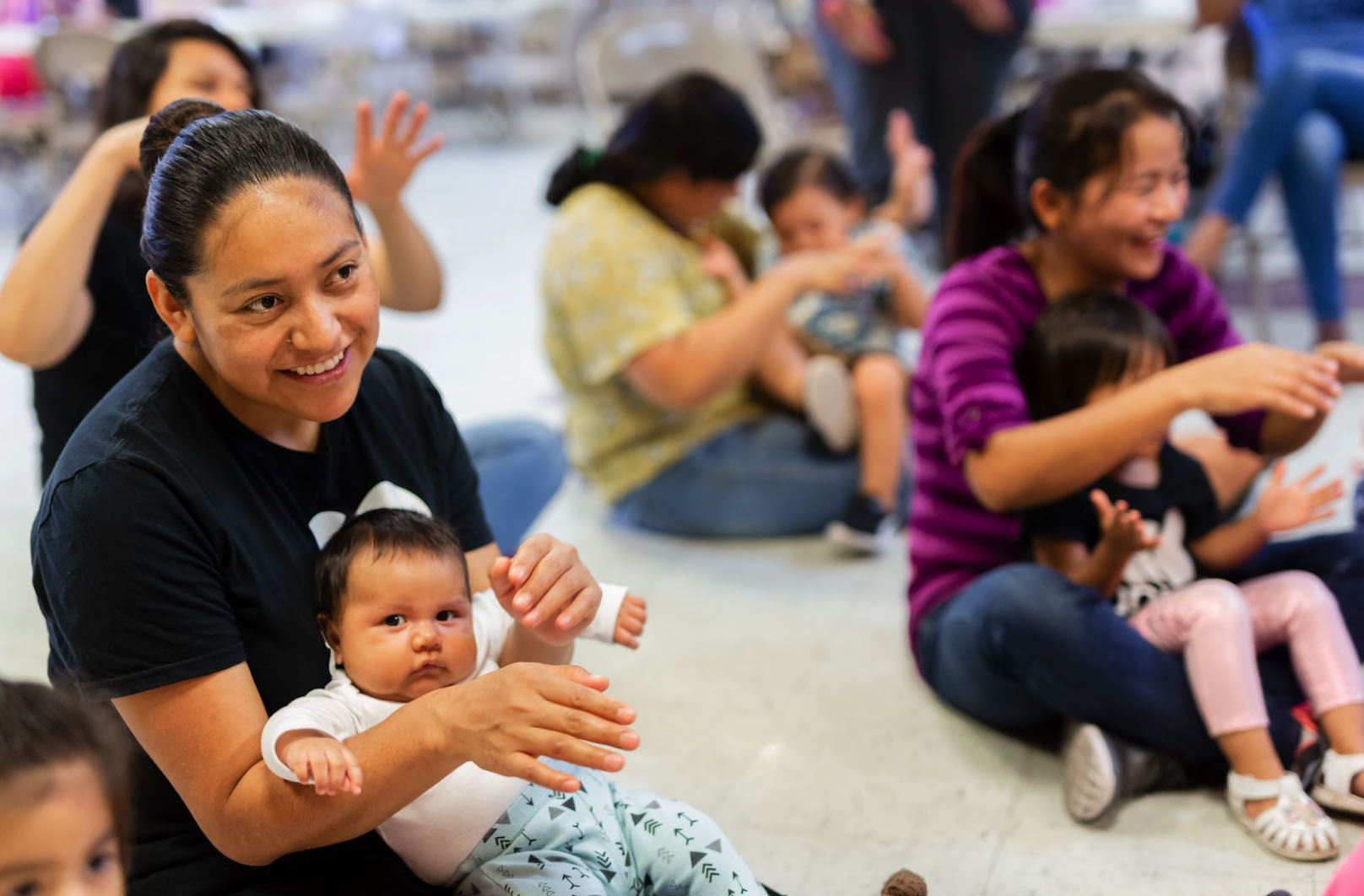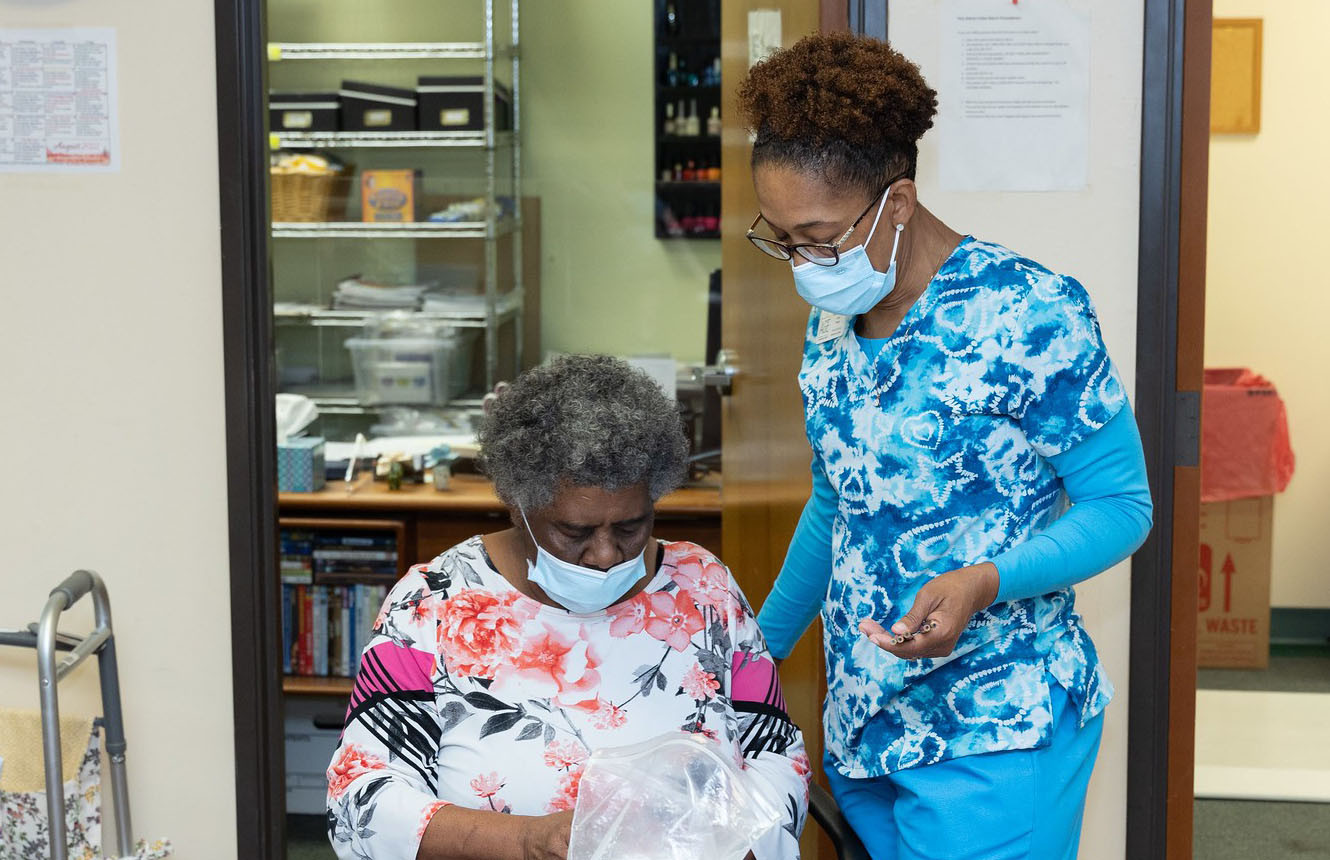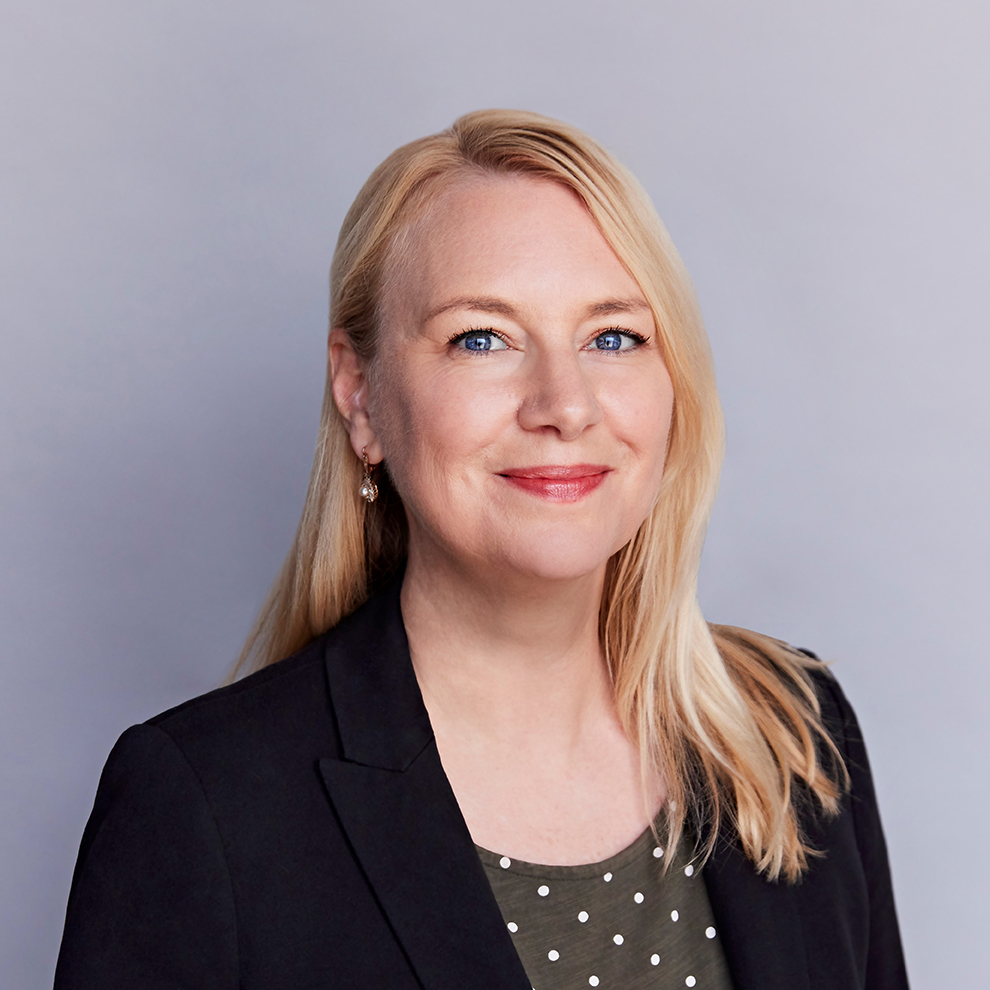Model Community
Committed to improving health equity
Medical care is estimated to account for only 10-20 percent of the factors impacting health outcomes. The other 80-90 percent include factors like access to education, housing, employment, and food. Navigating multiple systems to meet our needs can be a challenge for many of us. For those further challenged by limited income, language, transportation, or racism and discrimination, meeting essential needs can be so challenging that it negatively impacts their health and that of their families. To improve outcomes, we need to transform systems.
Model Community is a multi-sector, community-led learning collaborative seeking to collectively understand root causes and pilot systems, technology, and policy innovations to transform our systems of care to address racial and health disparities.


